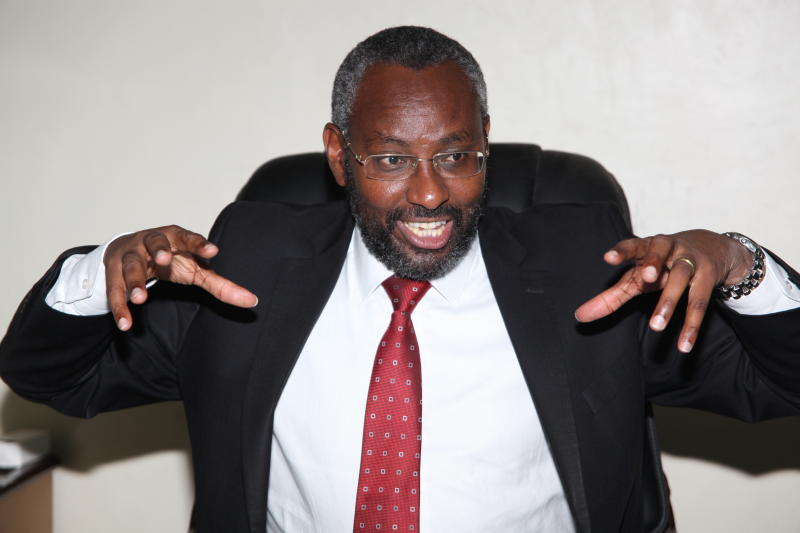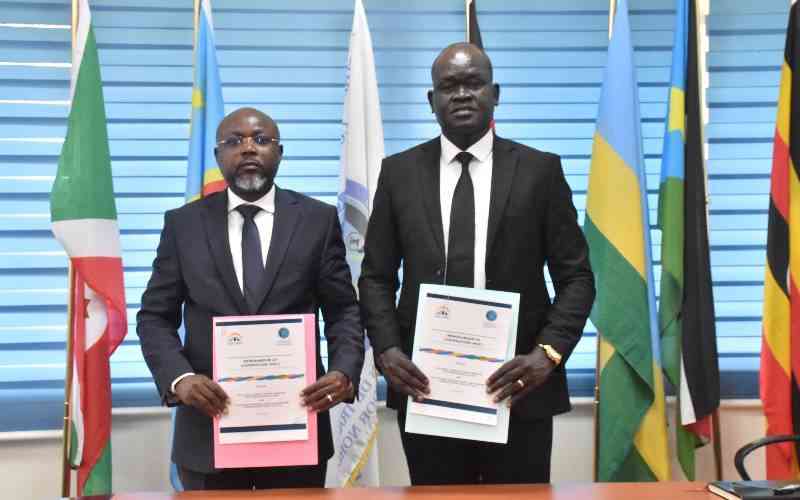×
The Standard e-Paper
Smart Minds Choose Us

More than 100 lecturers at the University of Nairobi will soon lose their jobs as the institution slashes more than 200 programmes in curriculum reforms.
The part-time lecturers have been notified that their contracts will not be renewed as the oldest university in Kenya moves to maximise use of its resources on priority degree programmes for which it is widely acclaimed.







